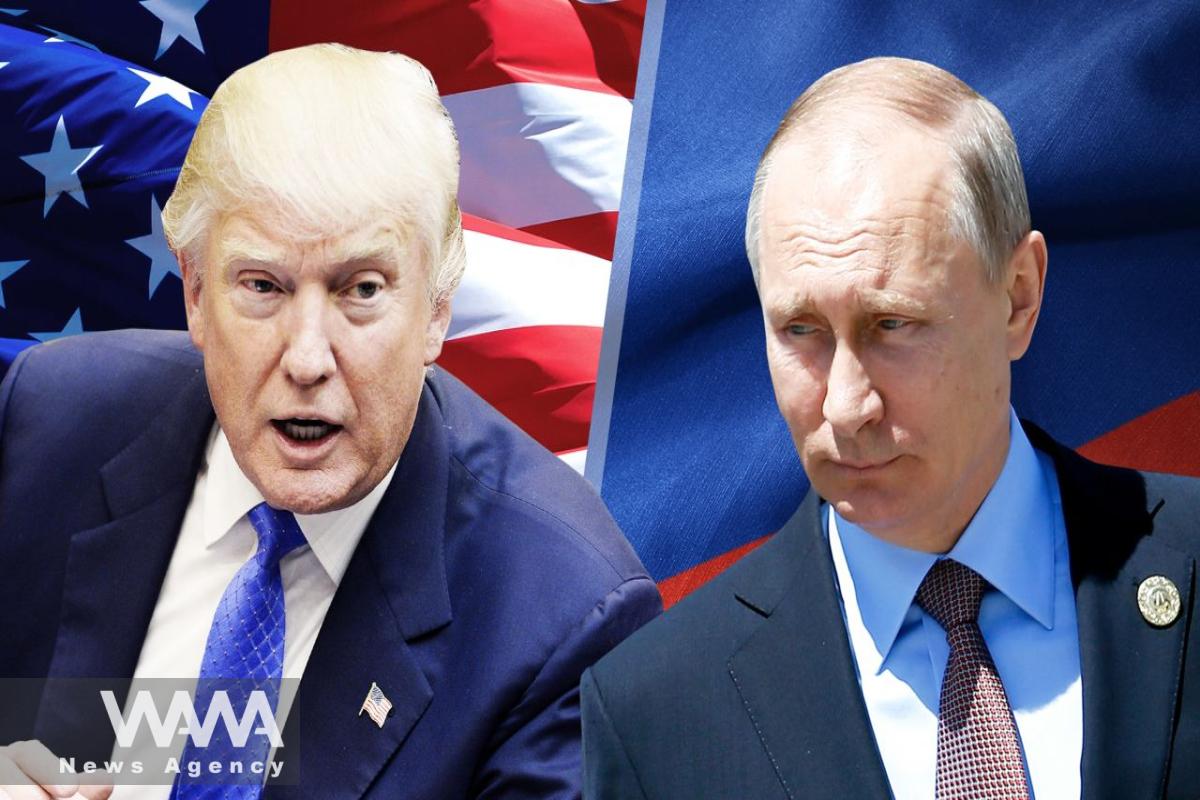America’s Unfinished Agreements with Russia
WANA (Feb 22) – On January 30, 2025, Iran’s Supreme Leader addressed the country’s Air Force commanders, recalling his nation’s bitter experience of trusting the United States. The phrase “the bitter experience of trusting America” went viral among Iranians on social media. Wana News Agency is launching a series of articles exploring how other nations have suffered similar setbacks after placing their trust in the U.S.
#Iran ‘s Supreme Leader:
“#Negotiating with the #US is not intelligent, rational, or honourable, and it does nothing to resolve the country’s issues. The reason? Experience!
In the 2010s, we negotiated with the U.S. and several other countries for about two years, leading to an… pic.twitter.com/tGJHp0WRI1— WANA News Agency (@WANAIran) February 7, 2025
Read Part one and Part two here.
Part Three: Russia
For decades, Washington and Moscow have sat at the negotiation table, signed agreements, shaken hands—only for one side, often the U.S., to walk away. From the Cold War to the present, major arms control and security agreements have been signed, only to be rendered meaningless by unilateral American withdrawals.
1972: The Anti-Ballistic Missile (ABM) Treaty – The Beginning of Distrust
At the height of the Cold War, the U.S. and the Soviet Union signed the ABM Treaty, limiting each country to a single missile defense system. The goal was to prevent either side from gaining an overwhelming strategic advantage.
But in 2002, the George W. Bush administration withdrew from the treaty, citing emerging threats from other countries. Russia condemned the move as a blow to strategic stability. The result? Moscow abandoned its own restrictions and accelerated the development of advanced missile systems, including hypersonic weapons that are now reshaping military strategy.
1987: The INF Treaty – A Return to the Arms Race
The Intermediate-Range Nuclear Forces (INF) Treaty, signed by Ronald Reagan and Mikhail Gorbachev, was a milestone in ending the Cold War. Both nations agreed to eliminate nuclear missiles with ranges between 500 and 5,500 kilometers. For decades, it was considered one of the most successful arms control agreements.
Yet in 2019, the Trump administration withdrew from the INF Treaty, citing alleged Russian violations. But was it really just about Russia? Many analysts believe Washington’s real motive was to free itself to deploy new missiles in Asia and Europe—moves that escalated tensions not only with Russia but also with China. Moscow retaliated, and today, both powers are developing new generations of intermediate-range missiles without restrictions.
1990: NATO Expansion – A Promise Never Written Down
“Not one inch eastward.” That was the assurance U.S. Secretary of State James Baker reportedly gave to Gorbachev in 1990. But the promise was never formalized in writing.
Decades later, NATO expanded to Russia’s borders. Poland, Hungary, the Czech Republic, and later the Baltic states joined the alliance. Moscow protested, but Western officials responded: “There was no written agreement.” The result? Rising tensions that ultimately led to the Ukraine war. And now, with Finland and Sweden joining NATO, the confrontation is more intense than ever.
1992: The Open Skies Treaty (OST) – The End of Military Transparency
The Open Skies Treaty allowed participating countries to conduct unarmed surveillance flights over each other’s territories to build trust and reduce suspicions. But in 2020, under the Trump administration, the U.S. withdrew, accusing Russia of imposing flight restrictions.
Russia followed suit in 2021, abandoning one of the last mechanisms for military transparency. The result? The world took another step toward full-scale distrust between two nuclear-armed powers.
Broken Agreements, Broken Trust
For decades, the U.S. has repeatedly abandoned strategic treaties, weakening global stability and fueling the return of arms races. These unilateral withdrawals send a clear message: Even a signed agreement with Washington does not guarantee long-term commitment.
History has shown that America will walk away whenever its interests dictate. Russia, having been burned multiple times, no longer harbors any illusions about Washington’s true intentions. The real question now is: Have other nations learned from this pattern, or will they continue to fall for America’s empty promises?














